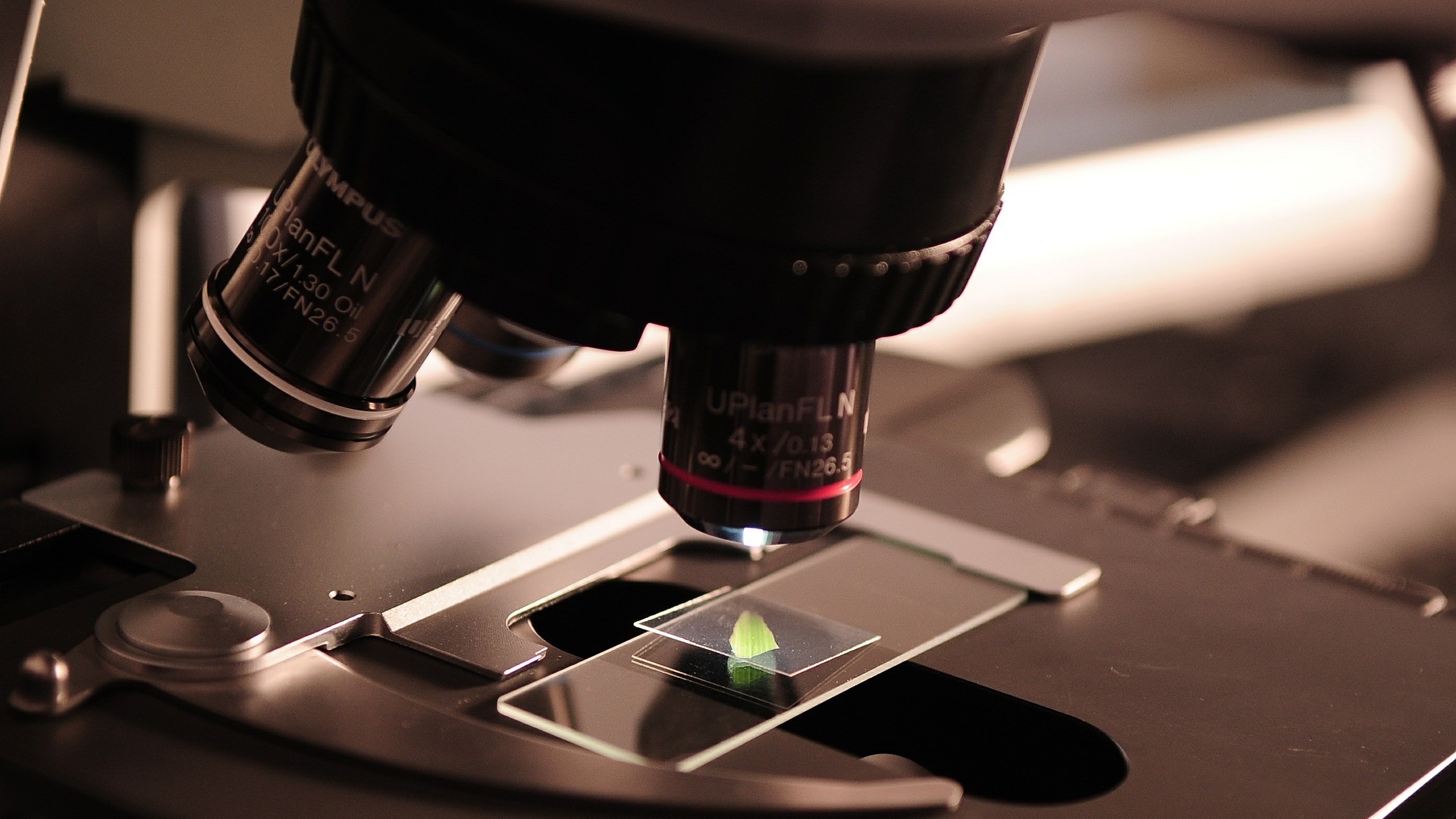The Use Of Forensic Evidence In The Criminal Justice System

Focus On Forensics
The use of Forensic Evidence in the Criminal Justice System has dominated some of the news agenda once again this week, with outrage over the interrogation of complainant’s phones in sexual offence and other cases.
We recently looked into the use of forensic evidence in drink and drive cases – with our reporting on the Randox testing Scandal. However, with this issue, the reality is of course is whether a police officer is to investigate a criminal offence fairly, the interrogation of phones, computers and other devices may well be necessary, despite the potential for intrusion into a person’s privacy.
We see a great many cases where phones are seized following arrest, only to be returned a great many months later, causing great inconvenience.
Following All Proper Lines Of Enquiry.
As criminal defence lawyers, it is our job to ensure that the police do their job, follow all proper lines of enquiry, and ensure that all evidence that ought to be disclosed to us is revealed.
If you look at the significant miscarriage of justice cases over the last 50 years, the most critical failing appears to be a lack of proper disclosure of evidence. In some cases, the evidence is neglected, in others actually destroyed or deliberately suppressed.
The second big story this week was a report from the Lords Science and Technology Committee examining the work of forensic science providers in the criminal justice system, here are some of the findings:
“The instability of the forensic science market is a serious risk to the criminal justice system.”
“A free society is dependent on the rule of law which in turn relies on equality of access to justice. The evidence we received points to failings in the use of forensic science in the criminal justice system and these can be attributed to an absence of high-level leadership, a lack of funding and an insufficient level of research and development. Throughout this inquiry, we heard about the decline in forensic science in England and Wales, especially since the abolition of the Forensic Science Service.”
“Cuts to legal aid have affected the ability of defendants to access forensic expertise. We recommend that the Legal Aid Agency liaise with the market-regulation arm within the expanded role of the Forensic Science Regulator to set new pricing schemes, properly funded by the Ministry of Justice, for forensic testing and expert advice for defendants.”
Regrettably, none of these findings causes us the least bit of surprise, and we are acutely aware of the deficiencies in the current system.
As defence lawyers, we work proactively to ensure that all work is carried out swiftly and to the required standard. Only by being fully aware of the weaknesses in the system can we ensure that our clients’ cases are appropriately presented.


